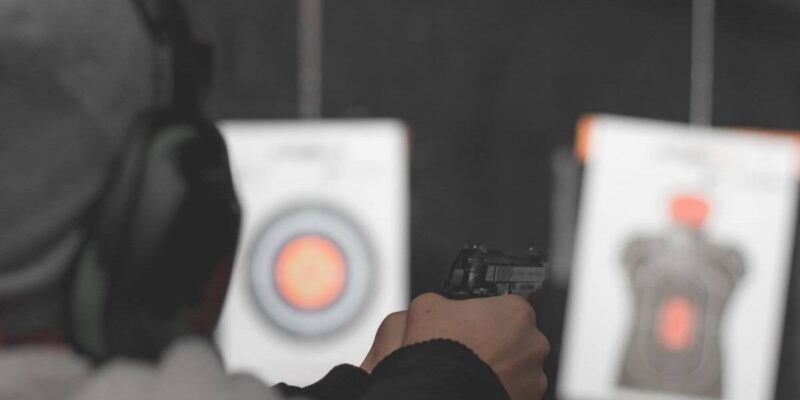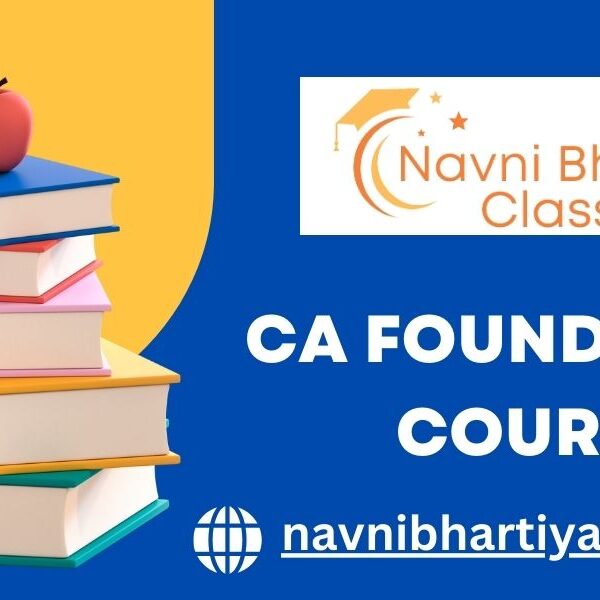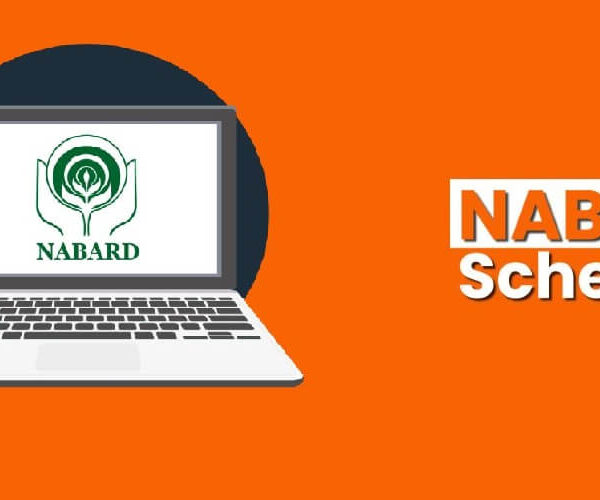
Firearms training is a critical aspect of responsible gun ownership, ensuring that individuals are not only proficient in handling firearms but also aware of the legal and ethical responsibilities that come with their use. Understanding the legal framework and ethical considerations is essential for anyone engaged in firearms training, whether for personal defense, hunting, or recreational shooting.
The Legal Landscape of Firearms Use
Federal and State Regulations
Firearms use in the United States is governed by a complex interplay of federal and state laws. At the federal level, the Gun Control Act of 1968 and the National Firearms Act of 1934 set out the primary regulations concerning firearm ownership, sale, and transportation. These laws establish who can own firearms, the types of firearms that are regulated, and the requirements for transferring firearms.
State laws can vary significantly, often imposing additional restrictions or requirements. For instance, some states have mandatory waiting periods, background checks, and specific storage requirements. Understanding the nuances of both federal and state regulations is crucial for anyone involved in firearms training, as non-compliance can result in severe legal consequences.
Concealed Carry and Open Carry Laws
Concealed carry and open carry laws are particularly pertinent to those undergoing firearms training for personal defense. These laws dictate where and how individuals can carry firearms in public. Concealed carry requires a permit in many states, and the requirements for obtaining such a permit can include background checks, training courses, and proficiency tests.
Open carry laws, which allow individuals to carry firearms visibly, are less common and are subject to specific state regulations. It’s essential for trainees to be well-versed in their state’s carry laws to avoid inadvertent legal violations.
Stand Your Ground and Castle Doctrine
Stand Your Ground and Castle Doctrine laws pertain to the use of deadly force in self-defense. The Castle Doctrine allows individuals to use reasonable force, including deadly force, to defend themselves within their homes. Stand Your Ground laws extend this principle to any place where an individual has a legal right to be, eliminating the duty to retreat before using force.
Understanding these laws is vital for anyone engaged in firearms training, as they delineate the legal boundaries for the use of force in self-defense scenarios. Misunderstanding or misapplying these laws can lead to legal repercussions and ethical dilemmas.
Ethical Considerations in Firearms Use
Responsibility and Accountability
Ethical firearms use extends beyond legal compliance; it encompasses the responsibility and accountability that come with handling deadly weapons. This responsibility includes ensuring that firearms are stored securely to prevent unauthorized access, particularly by children or individuals who may pose a risk to themselves or others.
Firearms training should emphasize the importance of responsible ownership, including regular maintenance of firearms and adherence to safety protocols during use. Responsible gun owners should also stay informed about changes in laws and best practices in firearms safety and use.
Use of Force and De-escalation
An ethical approach to firearms training prioritizes the understanding and application of the use of force continuum. This continuum ranges from verbal commands and physical restraint to the use of deadly force. Trainees should be taught to consider all options for de-escalation before resorting to the use of a firearm.
Ethical training programs often include scenario-based exercises that allow trainees to practice decision-making in high-stress situations. These scenarios help individuals understand the gravity of using deadly force and the importance of exhausting all other options first.
Moral Implications
The moral implications of using a firearm, particularly in a defensive situation, cannot be understated. Taking a life, even in self-defense, has profound psychological and emotional consequences. Firearms training should address these implications, preparing trainees for the potential aftermath of a defensive shooting.
Discussing the moral weight of using deadly force helps trainees develop a thoughtful and conscientious approach to firearms use. This preparation includes understanding the potential impact on themselves, their families, and their communities.
Instructors in Ethical and Legal Firearms Training
Qualifications and Expertise
The quality of firearms training is heavily dependent on the qualifications and expertise of the instructors. The best NRA instructor for firearms training combines extensive knowledge of firearms with a deep understanding of the legal and ethical responsibilities of gun ownership. These instructors are certified through rigorous training programs and possess a thorough understanding of both federal and state laws.
Instructors play a pivotal role in shaping the attitudes and behaviors of their trainees. By emphasizing legal compliance and ethical considerations, they help foster a culture of responsibility and accountability among gun owners.
Continuous Education and Adaptation
The landscape of firearms laws and best practices is constantly evolving. Instructors must engage in continuous education to stay abreast of legal changes and emerging trends in firearms use. This commitment to lifelong learning ensures that they can provide the most current and accurate information to their trainees.
In addition to legal updates, instructors should be aware of advancements in firearms technology and training methodologies. Incorporating the latest tools and techniques into their training programs enhances the learning experience and ensures that trainees are well-prepared for real-world situations.
Building a Community of Responsible Gun Owners
Effective firearms training goes beyond individual instruction; it involves building a community of responsible gun owners who support and educate one another. Instructors can foster this sense of community by encouraging open dialogue about legal and ethical issues, organizing group training sessions, and promoting ongoing engagement with firearms safety initiatives.
By creating a supportive and informed community, instructors help ensure that the principles of responsible gun ownership extend beyond the training environment and into everyday life.
Summary
Firearms training is a multifaceted discipline that requires a comprehensive understanding of legal and ethical considerations. The interplay between federal and state laws, the principles of responsible gun ownership, and the moral implications of using deadly force are all critical components of effective training.
Engaging with the Premier firearms training instructor can significantly enhance one’s knowledge and preparedness, ensuring that individuals are not only proficient in handling firearms but also deeply aware of their legal and ethical responsibilities. As the landscape of firearm use continues to evolve, staying informed and committed to responsible practices remains paramount for all gun owners.








